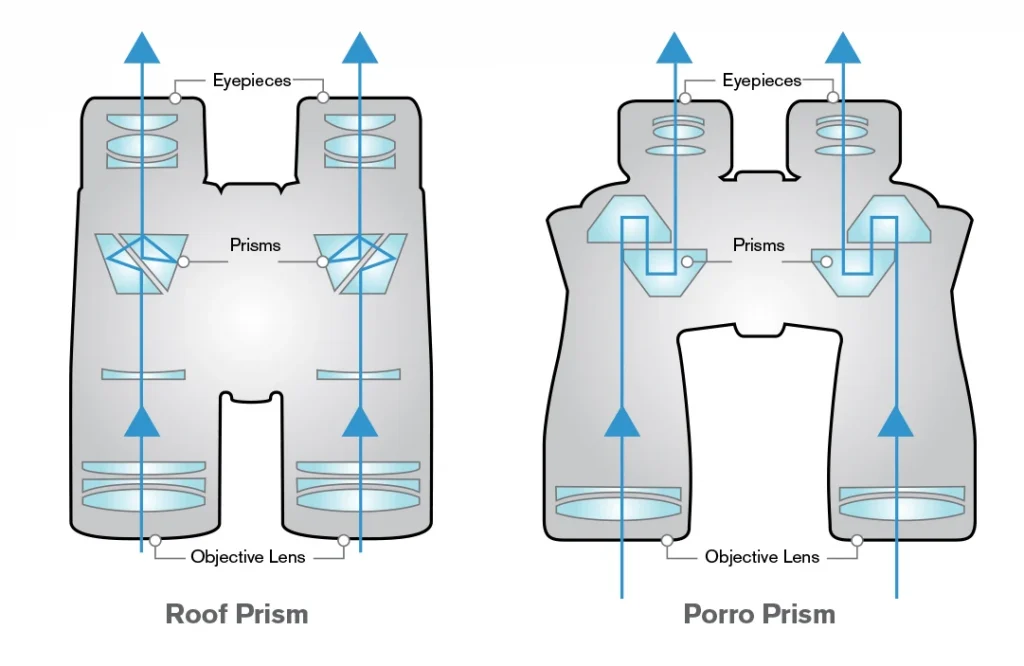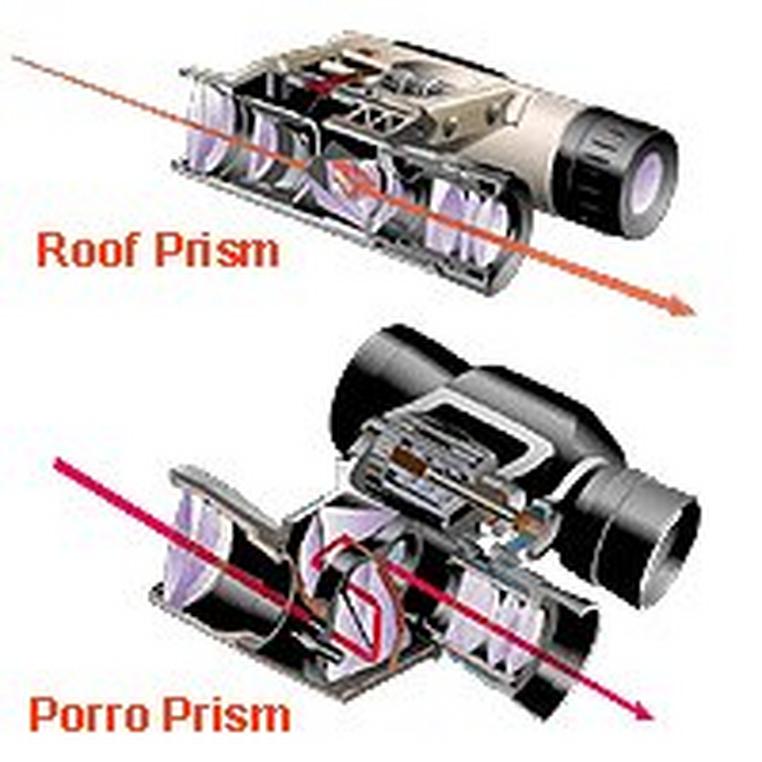Top 10 Binoculars for Nature Lovers and Wildlife Observers
Top 10 Binoculars for Nature Lovers and Wildlife Observers
Blog Article
The Value of Field Glasses in Education And Learning and Scientific Study: Exactly How These Optical Instruments Add To Knowing and Expedition
The combination of field glasses into instructional settings and clinical research is usually ignored, yet their payment to improving empirical skills is substantial. These instruments connect the gap between academic concepts and functional application, allowing trainees and scientists alike to engage with their atmospheres in a substantial manner. In techniques ranging from environmental scientific research to astronomy, binoculars function as vital devices that promote query and critical thinking. Nonetheless, the broader ramifications of these optical devices on discovering end results and scientific expedition warrant further assessment, particularly as we consider their prospective fit future scientific undertakings.
Enhancing Observational Skills
In educational and research settings, the usage of field glasses considerably enhances observational abilities amongst pupils and experts alike. These optical tools assist in a much deeper understanding of far-off subjects, enabling users to observe information that would certainly or else stay hidden. By utilizing field glasses, students can analyze wildlife, huge phenomena, and geological formations, promoting an extra profound connection to the topic.
Binoculars act as important devices in field studies, motivating students to involve actively with their atmosphere. Via boosted monitoring, they can collect data more properly, causing enhanced logical abilities. This hands-on experience enables the growth of important thinking, as pupils should interpret what they see and connect it to theoretical expertise.

Bridging Theory and Technique
Empirical skills established via the use of field glasses naturally bring about a much more extensive integration of theoretical understanding with sensible application. By engaging in straight monitoring, learners can change abstract concepts right into substantial experiences. This harmony fosters a much deeper understanding of clinical principles as trainees connect theoretical frameworks with real-world sensations.
For example, when examining avian biology, trainees can apply their understanding of bird composition and habits with the lens of field glasses, observing qualities such as plumage variant, feeding routines, and migratory patterns. This straight interaction not only strengthens theoretical ideas but likewise cultivates important reasoning and logical abilities.
Furthermore, making use of field glasses motivates students to develop hypotheses based upon their observations, consequently boosting their clinical questions abilities. They can proactively examine these hypotheses in the field, causing an extra experiential learning environment that promotes curiosity and exploration.
Fundamentally, field glasses act as a crucial tool in bridging the void in between classroom understanding and fieldwork - Binoculars. They encourage trainees to come to be energetic participants in their education and learning, encouraging an all natural strategy to understanding the natural globe and its complexities. Thus, the combination of theory and practice is important for promoting informed and engaged students
Applications in Environmental Science
Using binoculars in ecological science boosts the capability to observe and assess environments with greater precision. These optical tools are vital for performing field research studies, enabling scientists to monitor wild animals populations, examine plant wellness, and assess environment conditions without disrupting the all-natural environment. Field glasses facilitate the identification of varieties at various ranges, allowing scientists to collect vital information on biodiversity and habits.
In eco-friendly research, field glasses are important devices for ornithologists studying bird behavior and movement patterns. They enable scientists to tape observations over long periods, adding image source to valuable longitudinal researches - Binoculars. Furthermore, field glasses play a crucial role in environment assessments, as they permit the detailed observation of plant areas and their interactions within ecosystems
Ecological educators additionally gain from binoculars, as these instruments boost experiential knowing opportunities. Pupils can engage straight with their surroundings, fostering a much deeper admiration for eco-friendly systems. By including field glasses into curricula, trainers can inspire the future generation of ecological researchers.
Function in Astronomy Education
Using field glasses in astronomy education and learning supplies an easily accessible entrance for trainees and enthusiasts to discover holy phenomena (Binoculars). Unlike large telescopes, field glasses are portable, user-friendly, and reasonably affordable, making them an ideal initial device for observing the night sky. Pupils can conveniently engage with the cosmos, cultivating a hands-on discovering experience that improves their understanding of astronomical principles
Binoculars allow customers to observe a selection of holy objects, consisting of the Moon, earths, and galaxy. This accessibility motivates exploration and monitoring, crucial components of scientific questions. Trainees can develop critical skills such as information collection, monitoring methods, and even standard astrometry. Notably, field glasses work as a bridge to extra intricate huge instruments, giving foundational experiences that can trigger much deeper rate of interest in the area.
In academic setups, guided binocular sessions can promote team collaboration and discussion, boosting the finding out experience. The shared experience of observing celestial objects can grow a sense of community among students. On the whole, binoculars play a vital duty in demystifying astronomy, making it approachable and appealing for people at all levels of education.

Motivating Curiosity and Query
Field glasses not only assist in the monitoring of celestial sensations yet likewise stir up a sense of this link interest and questions among pupils. By providing a closer look at remote items, binoculars encourage students to ask questions and explore the setting around them. This tool transforms passive discovering into an active, interesting experience, fostering a much deeper understanding of scientific ideas.
When pupils make use of binoculars to observe wildlife, landscapes, or astronomical items, they establish empirical abilities that are essential for scientific query. The act of concentrating on certain information motivates them to formulate hypotheses, conduct investigations, and draw final thoughts based upon their monitorings. This procedure not just enhances their crucial believing capabilities however additionally supports a long-lasting interest for expedition.
Moreover, field glasses can link the space between academic understanding and real-world application. Ultimately, the usage of field glasses in educational setups serves as a catalyst for inquisitiveness, equipping students to seek understanding with enthusiasm and cultivating a feeling of wonder concerning the world around them.
Verdict
In recap, binoculars act as necessary tools in education and learning and clinical research, substantially enhancing observational abilities while bridging the void between academic understanding and practical application. Their varied applications in fields such as ecological scientific research and astronomy highlight their significance investigate this site in cultivating interest and inquiry amongst students. By facilitating thorough assessments of distant topics, binoculars not just inspire the following generation of scientists yet likewise grow a profound admiration for exploration and the scientific approach.
Report this page